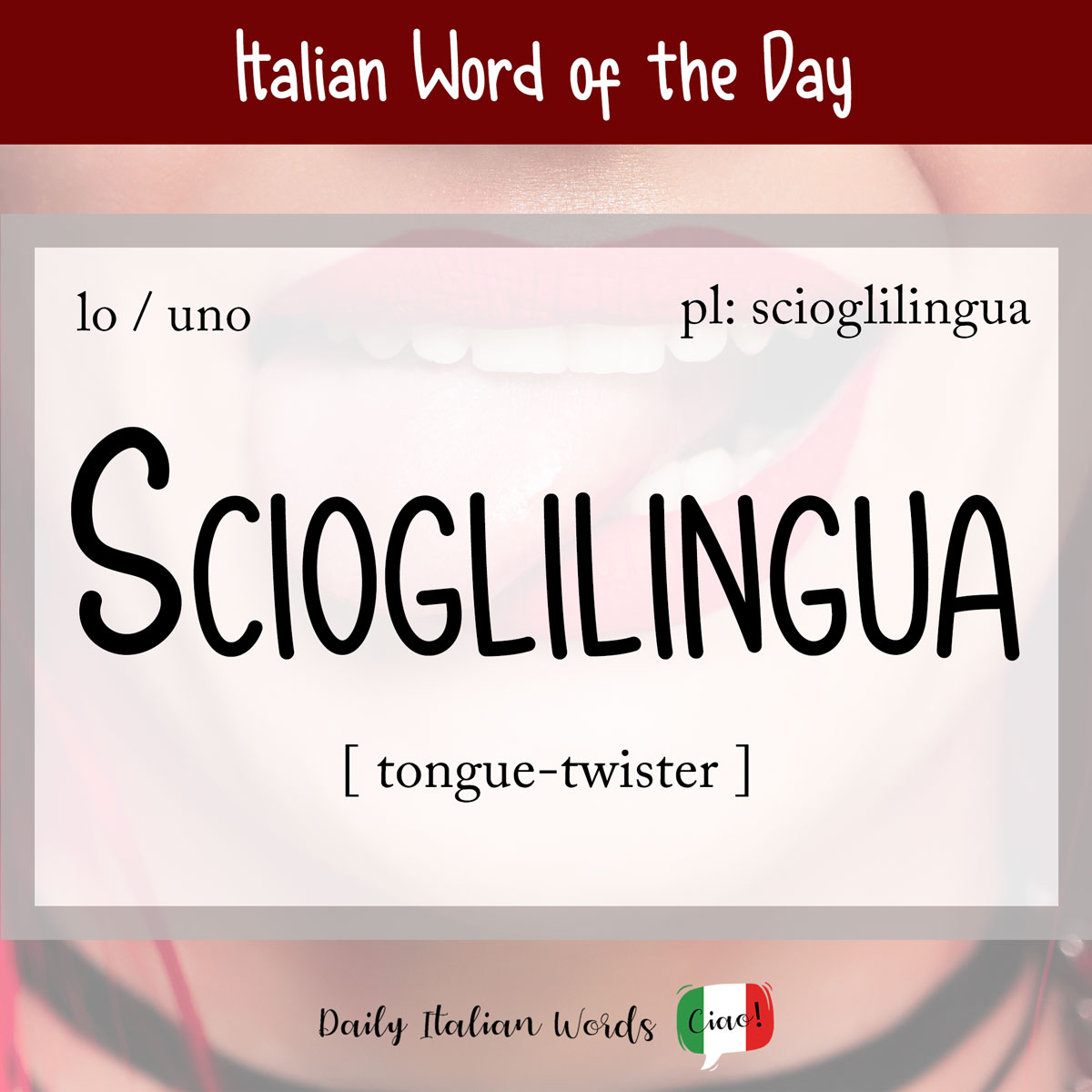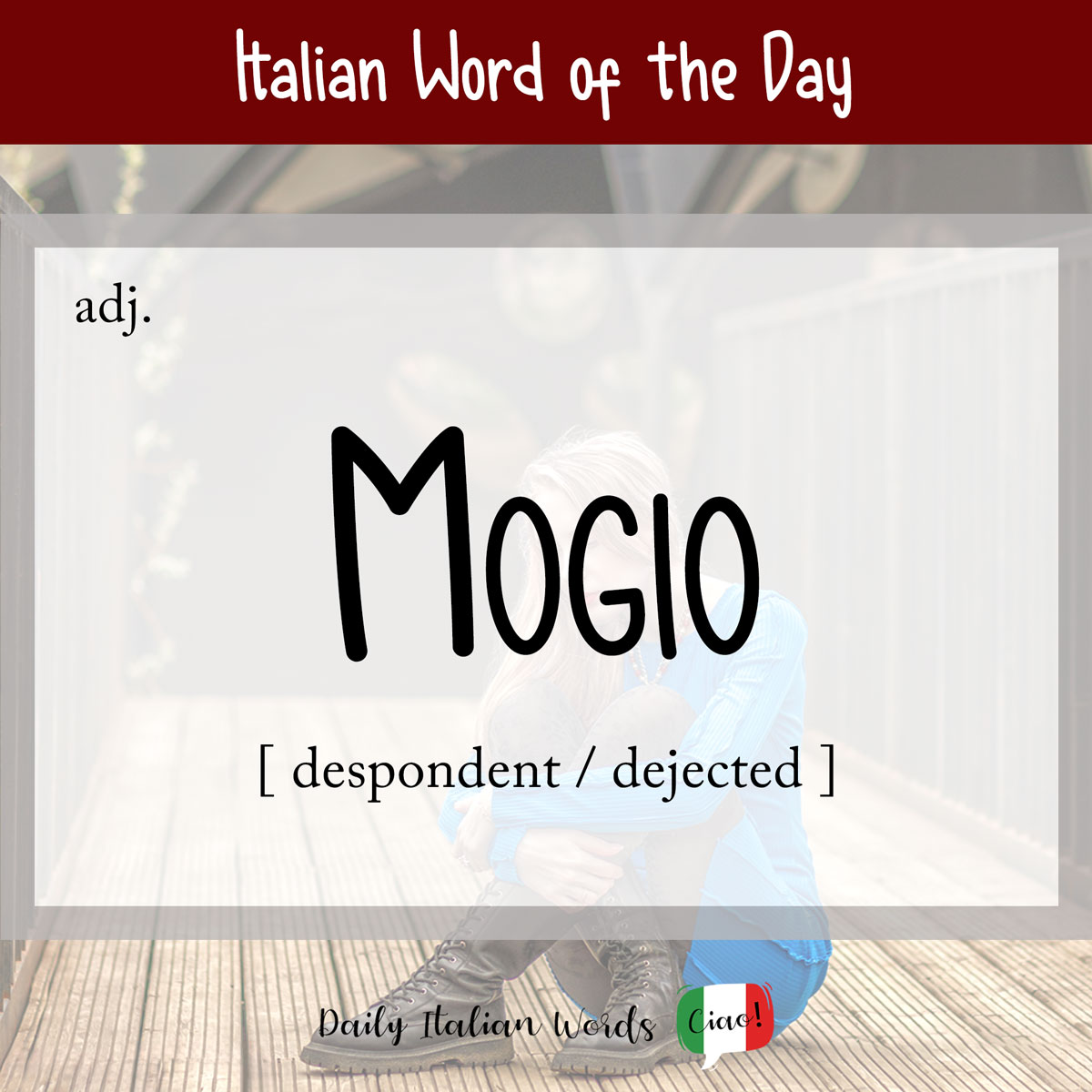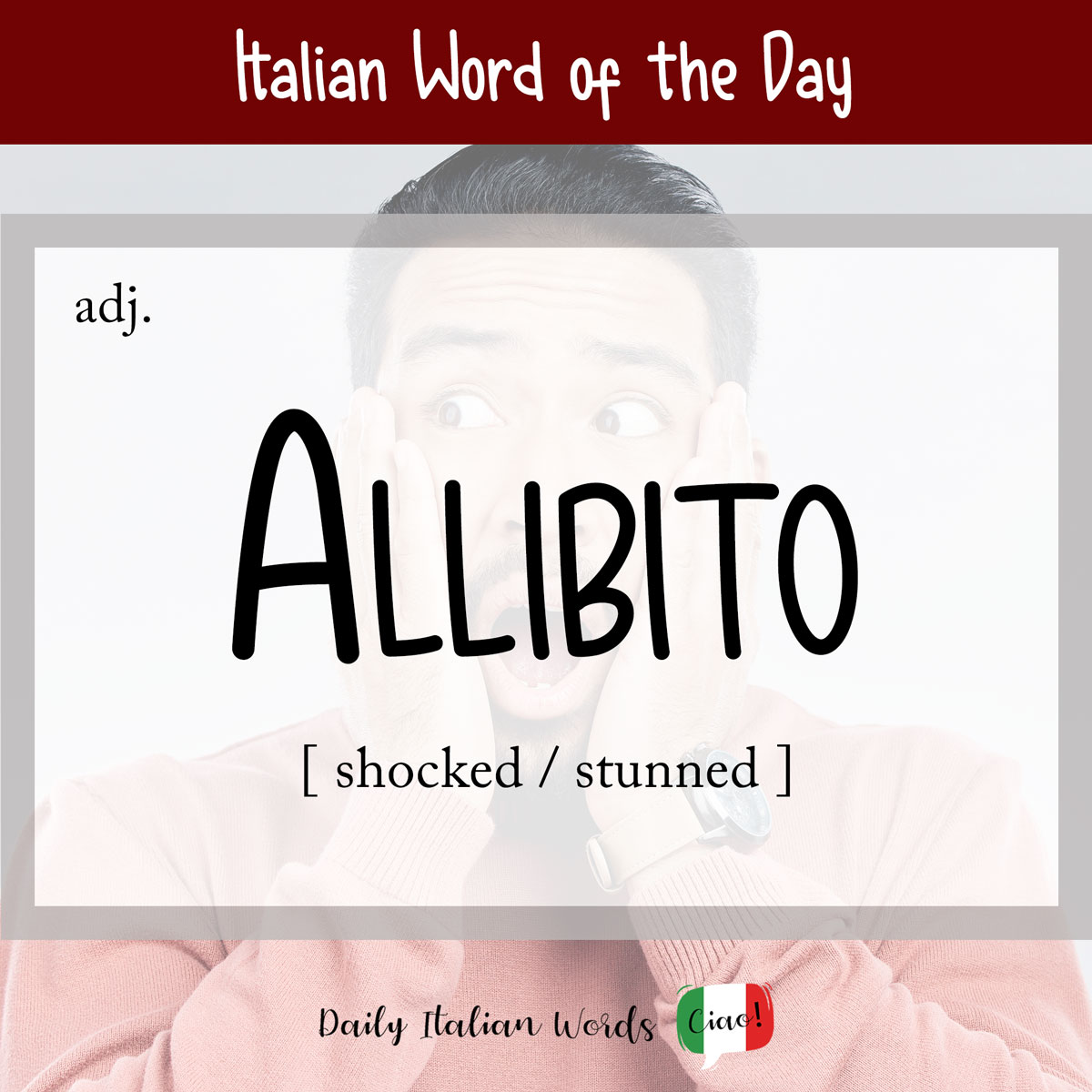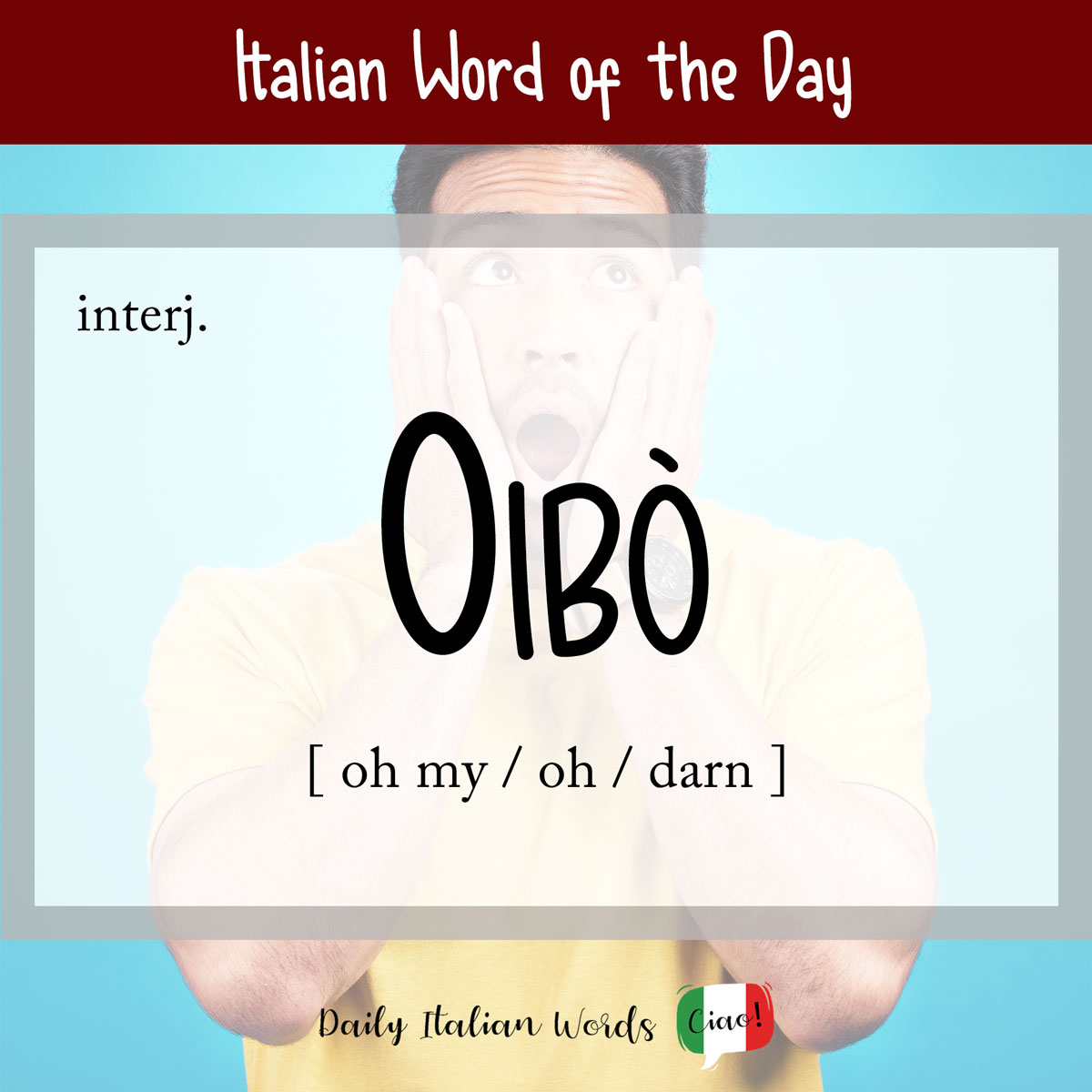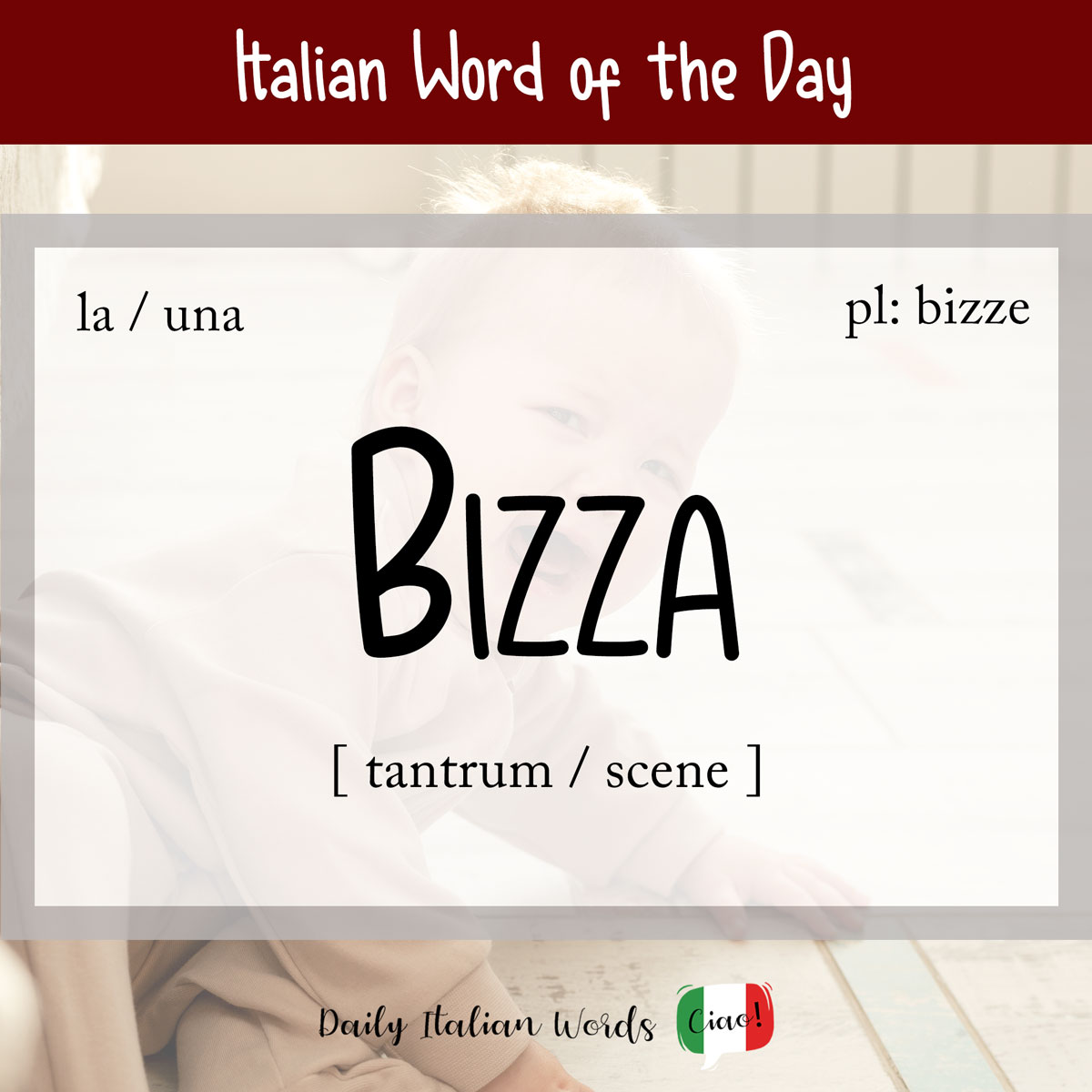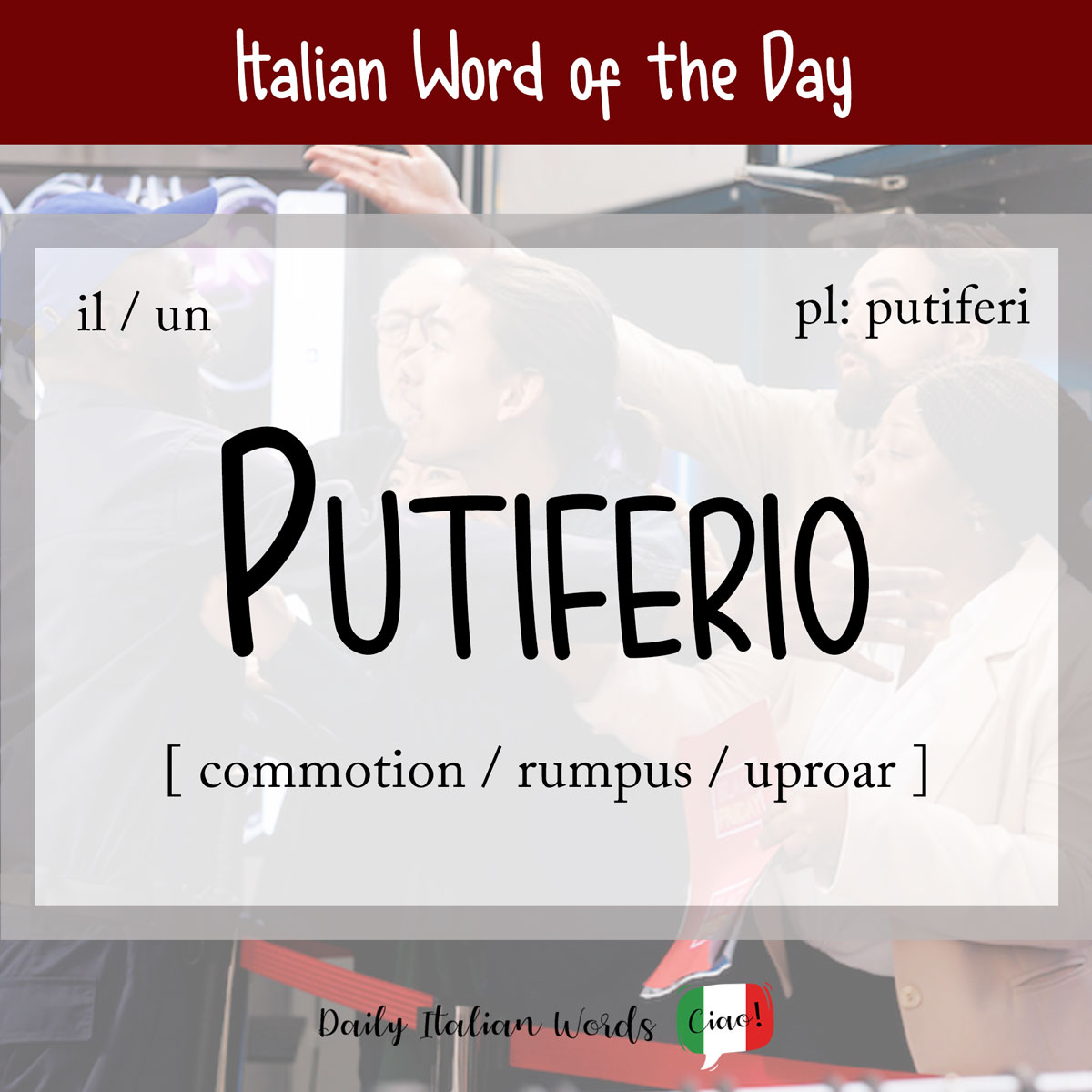Italian Word of the Day: Scioglilingua (tongue-twister)
Recently my son has taken a keen interest in tongue-twisters, especially those that his dear old mum has trouble saying. A tongue-twister in Italian is known as a scioglilingua, which is the combination of the verb sciogliere (to melt) and the noun lingua (tongue). scioglilingua tongue-twister Scioglilingua is an invariable noun, so it’s form doesn’t …

